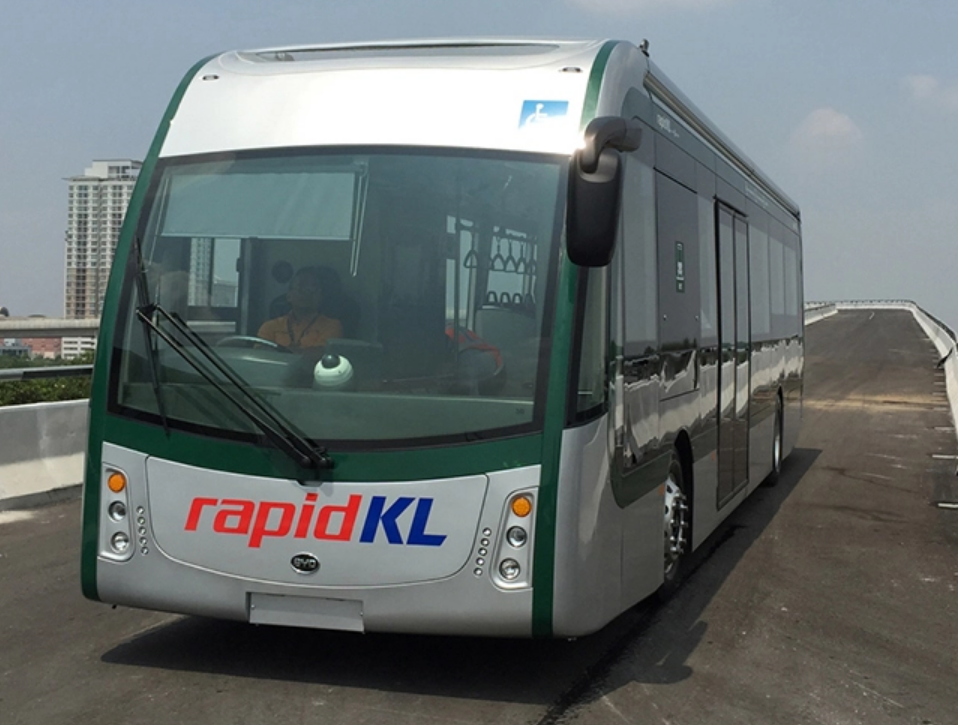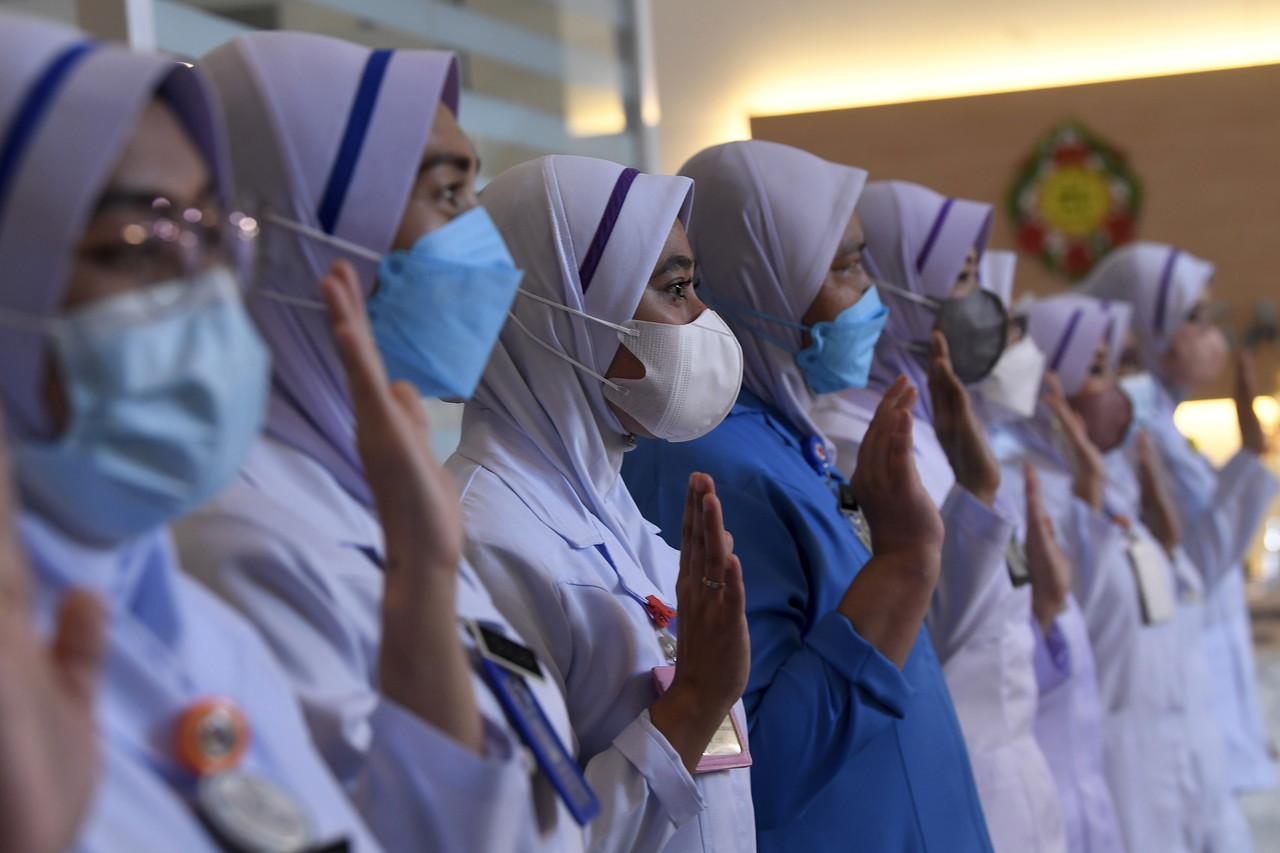Editor’s note: This is a continuation of a three-part letter on the writer’s reasons for the current state of Malaysia’s healthcare.
Read Part 1 here and Part 2 here.
WHILE we have made some progress in healthcare, this has not been achieved in all communities equally – we have left behind many marginalised communities.
In addition, we have had a relative regression in healthcare when compared with some progressive neighbouring nations.
If we are serious about health in our country, then we require a radical change in approach and not “more of the same”. We must achieve health for all, not as an average or for a portion of the community.
We can no longer rely on traditional and incremental approaches to improve health. We require a transformative approach that focuses on inclusive growth to achieve equality.
What does a transformative and inclusive health service look like? Some key aspects include:
A healthcare system that focuses on community care
We need to move away from a mindset of delivery of healthcare to the community and work towards the development of capability within the community for self-care. The cornerstone for developing community care will enable and empower the community to care for themselves.
We need a healthcare system that is developed for children and families, not one that is developed for managers and the healthcare professional.
This requires health professionals to understand community-social-health-behaviour and to be present in the community, listening to and working with them, rather than “waiting” in their clinics or hospitals for the community to reach out to them.
A healthcare system that focuses on preventative services
We need to revolutionise the training of our healthcare professionals and move away from a disease approach. We need to move to develop a “wellness” service as opposed to an “illnesses” service.
This includes a lifetime health plan that aims at keeping the child and family well. It should focus on prevention issues and include interactions with health professionals on a regular basis – from conception right through childhood and adolescence to adulthood – to maintain wellness.
We need to provide incentives for our brightest medical minds to work in the community and in prevention activities. We need to encourage clinicians to spend at least 40% of their working time in the community.
We need to dramatically increase funding and manpower resources for public health. We need to develop and enlarge mobile health services to meet urban and rural health needs.
A healthcare system that focuses on marginalised communities
For true change to occur, we require disaggregated data, broken down by detailed sub-categories (eg: indigenous, marginalised groups, ethnicity, level of income, gender and geographical regions).
For this to happen, we also need compulsory death registration and mandated medical certification of deaths by law. We then need to map communities with high mortality/morbidity rates and focus sufficient resources on those with high rates.
Redistribution of health care resources, especially staffing, from the black holes of the Klang Valley and other cities to poorly served regions is required.
A Government committed to adequately funding the healthcare system
Recognising the problem and what needs to be done for health is half the battle. We need the Government to allocate sufficient health resources to meet the need of the community.
Funding for our national health service needs to be doubled (for a start). This must be the agenda of any good Government and advocating for it to become the mandate of all political parties is the way forward.
We must resist further attempts to privatise our health services, and recognise that health and access to adequate healthcare is a basic human right.
Environmental and societal change, and a Government committed to ending child poverty and malnutrition
The “battle” for health and a transformative approach cannot be undertaken by just the Ministry of Health (MOH); there is a need to involve many agencies to get this done.
Working on health alone will not result in the dramatic change in mortality and morbidity that we hope for. For this to happen, there is a need to end child poverty and hunger.
Urban transformation to promote safe green spaces and recreational areas is vital; a re-wilding of our cities. We need to remove cars as the primary mode of transportation and use electrical bus rapid transit (eBRT) systems complemented with walking and cycling.
 All available evidence shows that an investment in mobility for the community improves health status, increases physical activity, reduces obesity, reduces air pollution-related effects, reduces road injuries and reduces non-communicable diseases (NCDs) [eg: hypertension, cardiac disease, diabetes and chronic respiratory illness], with a resultant higher life expectancy.
All available evidence shows that an investment in mobility for the community improves health status, increases physical activity, reduces obesity, reduces air pollution-related effects, reduces road injuries and reduces non-communicable diseases (NCDs) [eg: hypertension, cardiac disease, diabetes and chronic respiratory illness], with a resultant higher life expectancy.
We must address the growing impact of the climate emergency that threatens to engulf us and will reverse any health gains. This may prove to be the major health challenge of our time and children will be the most affected.
While we may look to Governments to provide strong leadership, direction and funding to develop such a health system as described above, the real transforming movement might be from the community itself – a grassroots, grounds-up advocacy and development.
It is vital that all of us take responsibility to support the change that is needed and not leave it to any one organisation. What is required is a willingness in our hearts to choose to do so. – July 26, 2022
Datuk Dr Amar-Singh HSS is a consultant paediatrician.
The views expressed are solely of the author and do not necessarily reflect those of Focus Malaysia.










